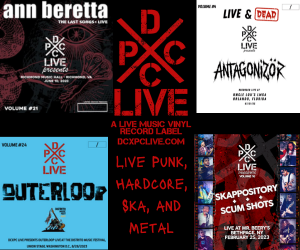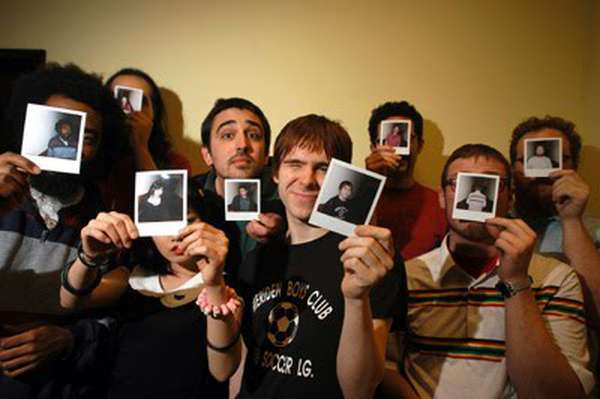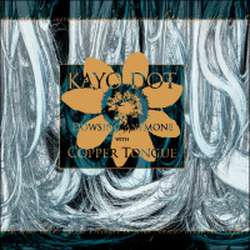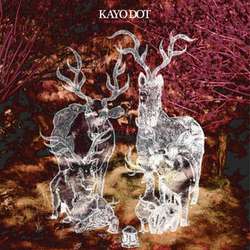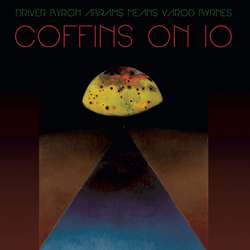It starts off inconspicuously enough, a series of instrumental swells that set the sombre and dark mood for the rest of the album. And then the growls enter, delivered as if part of a spoken word piece, each individual syllable pronounced as if there was all the time in the world. The swells become broader and more intense, a series of free jazz excursions, progressing seemingly without time signature and predetermined direction. After a full six and a half minutes of rising tension, the swells finally break away, resolving into a slow, cautious melody. But even that is not safe from the impending development, persistently repeating its rhythm as an inexorably accelerating manta driving towards infinity. It sounds like a whirlpool, or a hurricane--some kind of endlessly cyclic, destructive force, hypnotic in its beauty and utterly devastating in its power. And then, with less than two minutes to spare, all bets are off, the music delving into the purest, most aggressive, and unfiltered death metal imaginable.
And that's just in the first ten minutes.
Hubardo (hoo • BAHR • doh, meaning "lantern" or "lamp" in the most definitely real and not at all fake language Enochian) isn't something to be casually heard. This monster of a piece clocks in over one hundred minutes, spread amongst only eleven tracks, and is only the latest in a series of fantastic albums by Toby Driver's avant-everything band, Kayo Dot. It also happens to be, quite literally, the best piece of music released of his already ridiculously impressive career..
The album follows the transformation of a self-loathing poet to inspired madman, a fallen meteor having captured his attention and enchanted him with its magickal allure. Aurally, this is captured by the album's heavily free-form nature, eschewing traditional semblances of song structure and lyric form in favour of compositions that directly realize their ideas without compromise. The pieces are all long, winding, and complex, but not out of a desire to obfuscate or show off; rather, it seems as if this is the only possible way these pieces could have been written. To be more precise, they were crafted to fit the story, not the other way around, and it's this artistic dedication which gives the album its true timelessness. It may feel winding and digressing, but every moment works towards a clearly established overarching goal, a pattern which can only be seen when viewing the album as a whole work.
Style and genre have almost no meaning where this album is concerned; influences from folk, post-, jazz, metal, prog, classical, and even chamber music are all treated with equal weight, creating a brilliant fusion of sounds that defies any easy description. Though there seem to be general rules to how the story affects the style of a piece, there are no direct motifs or themes, and the rules appear to be broken as often as they are not, rendering any attempts to pigeonhole largely meaningless. The shorter piece "Thief" is the most blatant example of this paradigm, willfully shifting from free jazz with operatic vocals to heavy metal with a heavily classical sensibility without so much as a thought given to the listener, nor its own context. And it's far from alone in this respect; "Floodgate" features a King Crimson-esque cacophony of blaring horns and frantic percussion before resolving into '90s-style tech death, and even the short "Vision Adjustment to Another Wavelength" changes styles three times in the space of just five minutes. Even the few ethereal ballads fall prey to the predominant chaos; both "The First Matter" and "The Second Operation" seem to build in traditional ballad form, but only one that is hidden under dense layers of compositional madness.
I'm trying to say that this album is really difficult to get a handle on.
And while this is all done in the service of Kayo Dot's artistic integrity--they, of all bands, would be last to compromise their art for the sake of accessibility--it can also be the album's greatest drawback. It is immensely difficult to listen to this album, not for the want of an easy melody, but by the attentiveness and dedication it requires to understand. It took me personally almost half a dozen listens before I began to see the full picture, and I consider myself a remarkably attentive listener. For that reason, Hubardo isn't above reasonable critical reproach. I can even see how it might be widely panned--it would be quite easy to argue that it's an directionless, formless mess of a recording, wandering without ever arriving or stating anything of importance.
But that's all part of the beautiful wit at the heart of this piece, one so smart and subtle that most listeners won't even know it's there, let alone understand the punchline. Critic James Huneker once remarked on Chopin's Étude Op. 25, No. 11that "small-souled men, no matter how agile their fingers, should avoid it." Historical sexism aside, the notion that certain music might remain inaccessible to those unable to put their full faith into it still rings true. Much like Driver's last double album, Hubardo is unrepentant in the toll it demands from its listeners, and if you're unwilling to meet it on the whole of its terms, it will forever stay beyond your grasp. It is only by fully immersing yourself that you will find the soul of this project, one that will be surely counted among the best in modern music.
Small-souled people, no matter how broad their tastes, should avoid it.
Recommended if you like: maudlin of the Well, Sigh, Nero di Marte
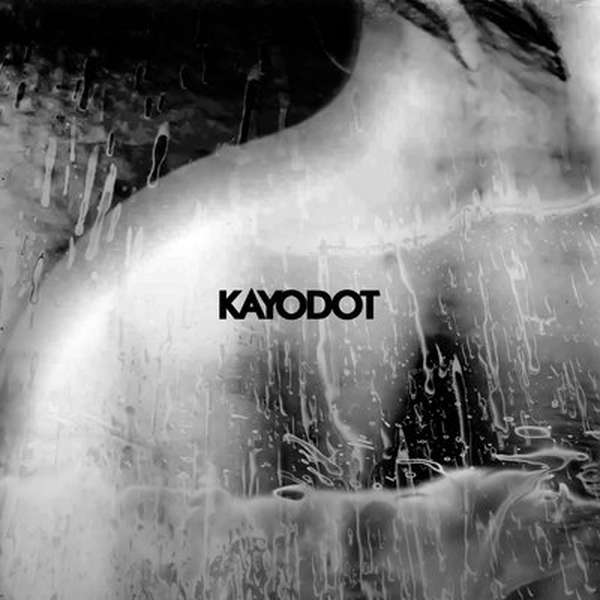

Related news
Incubate Sept 2016 announces first bands
Posted in Shows on June 23, 2016
Amplifest 2016 lineup includes Neurosis and more
Posted in Shows on June 13, 2016
Kayo Dot Go Limited
Posted in Records on November 9, 2010
Advertisement
